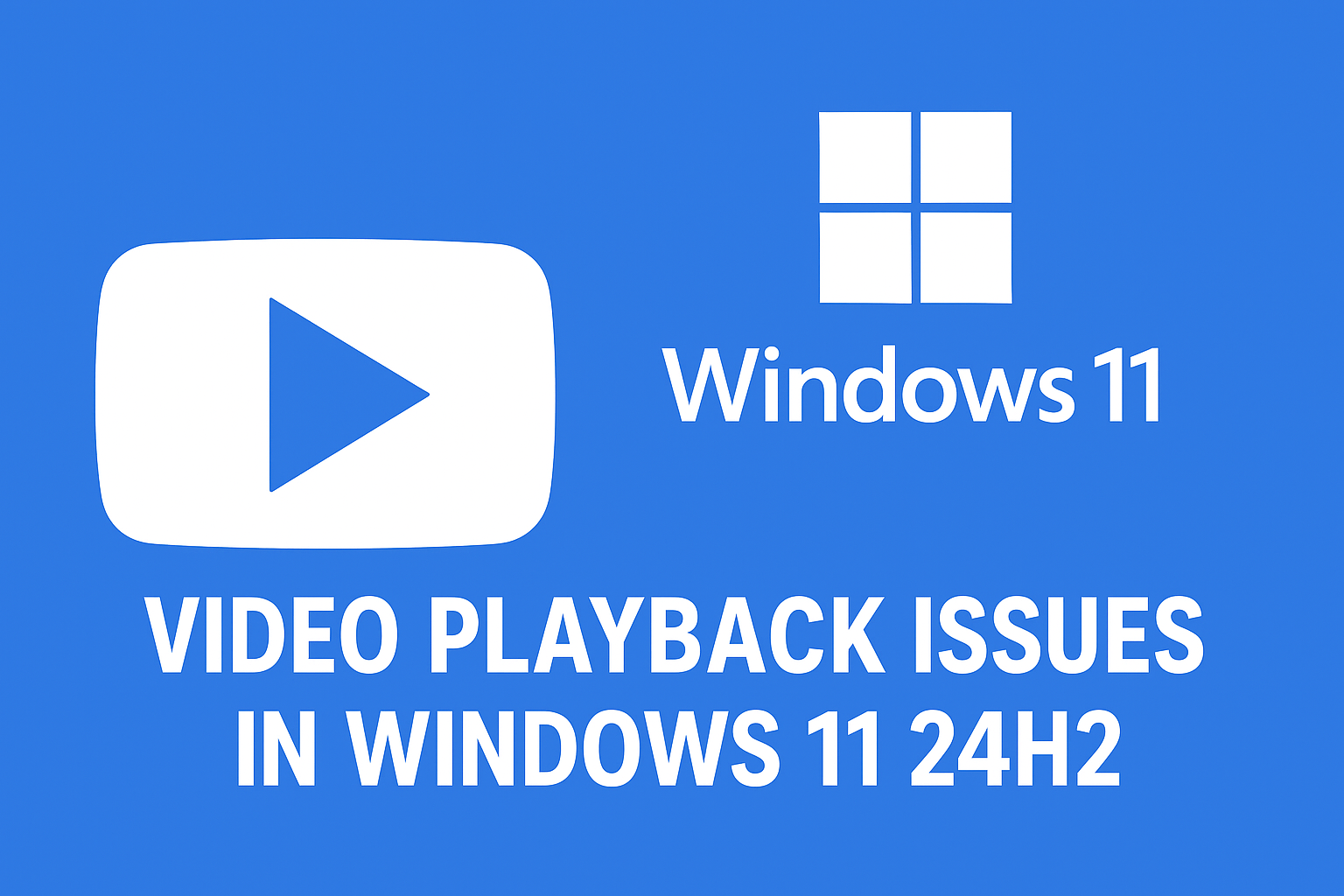
The Micro-Learning Revolution: A Thesis on Fostering Lifelong Growth Through Daily, Bite-Sized Skill Acquisition
By Muhammad Anas Abbas
Prologue: A Personal Beginning
Hello there! I’m Muhammad Anas Abbas, and I’d like to invite you on a journey a journey that started with a simple, personal frustration and evolved into a mission. In our relentlessly fast-paced digital world, I often felt I was falling behind. The pressure to constantly learn, adapt, and improve was immense, but my time and mental energy were finite. I’d download apps for learning a new language, another for coding, and a third for mindfulness, only to feel overwhelmed by the sheer commitment they demanded. My phone’s home screen became a graveyard of good intentions.
It was from this very feeling of “learning fatigue” that an idea began to spark. What if learning wasn’t a monumental task, but a daily surprise? What if it felt less like a chore and more like opening a small, thoughtful gift every morning? What if we could harness the power of “small” to achieve something truly significant? This line of questioning was the seed from which the Random Skill of the Day app grew.
In this thesis, I will walk you through the philosophy, design, and profound impact of this approach to learning. I’ll explore why traditional models often fail us, how the science of micro-learning offers a powerful alternative, and why introducing an element of joyful randomness can rekindle our innate curiosity. This is more than just the story of an app; it’s an argument for a gentler, more sustainable, and ultimately more human path to personal growth. So, grab a cup of coffee, and let’s dive in.
Chapter 1: The Modern Learning Paradox – Ambition vs. Exhaustion
We live in an era of unprecedented access to information. With a few taps on a smartphone, we can access the collective knowledge of humanity. This should be a golden age for autodidacts and lifelong learners. Yet, for many of us, it has created a peculiar paradox: the more we can learn, the less we feel we are learning. This is the modern learning paradox.
I believe this stems from three primary sources:
- The Overwhelm of Choice: When faced with an infinite library of subjects, our brains often freeze. Do I learn Python, Spanish, UX design, or financial literacy? The cognitive load of choosing a path is so high that we often choose nothing at all a phenomenon psychologists call “choice paralysis.”
- The Tyranny of Time: Our lives are fragmented. Between work, family, social obligations, and the constant ping of notifications, carving out a dedicated, uninterrupted hour for “learning” feels like a luxury few can afford. The traditional model of learning long courses, extensive lectures is fundamentally at odds with the reality of our daily schedules.
- The “Siloed” Approach to Knowledge: Most learning platforms are designed for depth in a single domain. This is excellent for specialization, but it can be limiting for holistic personal development. By focusing only on coding, we might neglect our creative muscles. By focusing only on fitness, we might ignore crucial communication skills. This creates an imbalance, and subconsciously, we know we’re leaving other parts of our potential untapped.
I experienced this paradox firsthand. My ambition for self-improvement was constantly at war with my exhaustion from daily life. I knew I wasn’t alone in this feeling. The solution, I realized, wasn’t to try harder within the existing, broken system. It was to redesign the system itself.
Chapter 2: The Philosophy of Micro-Learning – The Power of Small Doses
The antidote to the modern learning paradox, I discovered, lies in a deceptively simple concept: micro-learning. At its core, micro-learning is the practice of acquiring knowledge or a skill in small, highly focused bursts. Instead of drinking from a firehose, you sip from a curated stream.
The scientific backing for this approach is robust. Our brains are not designed for hours of continuous, high-concentration input. The forgetting curve, a concept pioneered by Hermann Ebbinghaus, shows that we forget a staggering amount of new information within hours or days if it’s not reinforced. Micro-learning combats this by:
- Aligning with Our Attention Spans: The average human attention span has shrunk in the digital age. Micro-learning modules of 2-5 minutes are perfectly tailored to fit within this window, making engagement more likely and effective.
- Promoting Better Retention: Learning in small chunks and then immediately applying the knowledge (or being tested on it) moves information from short-term to long-term memory more efficiently. It’s the difference between cramming for an exam and steadily reviewing flashcards.
- Lowering the Barrier to Entry: The psychological hurdle of starting a “5-minute lesson” is virtually nonexistent compared to starting a “1-hour lecture.” This makes it easier to build momentum and, most importantly, a consistent habit.
For the Random Skill of the Day app, I embraced micro-learning not just as a feature, but as its entire philosophy. I wanted to create an app that respected the user’s time and cognitive limits. Each “skill” is designed to be a self-contained packet of practical wisdom something you can read, understand, and mentally file away in the time it takes to wait for your coffee to brew. This isn’t about dumbing down knowledge; it’s about packaging it intelligently for the world we actually live in.
Chapter 3: The Magic of Randomness – Cultivating a Curious and Adaptive Mind
While micro-learning provides the “how,” the element of randomness provides the “why not?” This was the second core insight that shaped the app. By stepping away from a rigid, linear curriculum and introducing a daily surprise, we tap into powerful psychological drivers.
- The Joy of Discovery: There is a childlike thrill in not knowing what you’re going to get. This unpredictability transforms learning from a duty into a discovery. That little hit of dopamine you get from the surprise is the same neurotransmitter associated with reward and motivation, making you more likely to return the next day.
- Breaking Cognitive Ruts: We all have our comfort zones and areas of interest. Left to our own devices, we would likely only ever learn skills that confirm our existing worldviews. Randomness forces us out of these ruts. One day, you’re learning a productivity framework like the Eisenhower Matrix; the next, you’re discovering a basic sewing repair technique. This cross-pollination of ideas from different domains is a wellspring of creativity. It teaches our brains to be more flexible and adaptive.
- Democratizing Knowledge Domains: The app deliberately draws from a wide pool: productivity, communication, creativity, logic, home economics, basic psychology, and more. This ensures that a marketer might stumble upon a basic coding concept, while a programmer might learn a powerful technique for giving constructive feedback. This creates a more well-rounded, T-shaped individual someone with deep expertise in one area but a broad base of knowledge in many others.
I see the “Random Skill of the Day” as a digital serendipity engine. It replicates the happy accident of stumbling upon a fascinating article or a enlightening conversation with someone from a completely different field. In a world where algorithms constantly show us more of what we already know and like, this app is designed to gently push the boundaries of our intellectual comfort zone.
Chapter 4: The Architectural Blueprint – Designing for Engagement and Habit Formation
A great idea is nothing without a thoughtful execution. In building the Random Skill of the Day app, I knew the user experience (UX) had to be as frictionless and engaging as the concept itself. Every feature was designed with a specific psychological or pedagogical goal in mind.
- The Daily Skill Generator – The Heart of the Experience: This is the core loop. A user opens the app and is presented with one, and only one, skill for the day. This eliminates choice paralysis immediately. The skill is written in clear, actionable language, often with a “How-To” structure. The goal is immediate applicability.
- The Favorites Tab – A Personal Knowledge Repository: Learning is not always linear. Sometimes a skill resonates deeply, or you encounter a situation where you need to recall a specific trick. The Favorites tab allows users to build their own personalized library of the most valuable insights. This empowers the user and gives them a sense of ownership over their learning journey.
- Interactive Quizzes – The Glue for Retention: Passive reading is not enough. To cement the learning, I integrated short, interactive quizzes. These aren’t intimidating exams; they are quick, gamified checks for understanding. This active recall is a proven method to strengthen neural pathways and combat the forgetting curve.
- Streaks & Rewards – The Power of Visual Progress: Human beings are motivated by progress. The streak counter is a simple, powerful visual metaphor for consistency. Missing a day “breaks the chain,” and this small bit of loss aversion can be a powerful motivator to open the app even on a busy day. Coupled with milestone rewards (e.g., “7-Day Learner!”), it transforms the abstract goal of “self-improvement” into a tangible, winnable game.
- Easy Sharing – Building a Learning Community: Knowledge grows when shared. The one-tap sharing feature allows users to send a skill to a friend or post it on social media. This does two things: it reinforces the learner’s own knowledge (teaching is the best way to learn), and it creates organic, peer-to-peer growth, turning individual learning into a shared social experience.
- Offline Functionality – Learning Without Limits: I wanted to ensure that learning could happen anywhere on a subway, in a waiting room, or in a place with a poor internet connection. By making saved skills and the core daily feature available offline, the app seamlessly integrates into the nooks and crannies of a user’s life, not just when they are actively connected.
Chapter 5: The Audience – Why This Approach is Uniquely Universal
When people ask me, “Who is this app for?” my answer is simple: “Anyone with a curious mind.” The beauty of this non-siloed, low-commitment approach is its universal appeal.
- The Busy Professional: They can learn a time-management hack or a communication strategy that they can apply in their very next meeting.
- The Student: They can supplement their formal education with practical life skills, creative thinking techniques, or study methods that aren’t taught in the classroom.
- The Homemaker or Parent: They might discover a quick DIY fix, a new recipe principle, or a mindfulness exercise to manage daily stress.
- The Retiree: It offers a structured yet fun way to keep the mind active, learn about new technologies, or explore hobbies in a low-pressure way.
- The Lifelong Learner: For those who are already passionate about growth, it serves as a constant source of new ideas and jumping-off points for deeper dives.
By not targeting a single demographic, the app creates a rare common ground. It acknowledges that personal growth is not the domain of a single age group, profession, or lifestyle. It is a fundamental human desire.
Chapter 6: Sustainability and Ethics – Building a Free and Accessible Future
From the outset, I was committed to keeping the Random Skill of the Day app free. I believe that tools for empowerment and self-growth should be as accessible as possible. This led to the decision to use a non-intrusive Google AdMob integration for monetization.
This model ensures that:
- Accessibility is Maintained: There is no financial barrier for any user.
- Development Can Continue: Revenue from ads funds server costs, ongoing development, and the creation of new, high-quality skill content.
- User Trust is Paramount: The ads are placed carefully to not disrupt the learning experience. The core value the daily skill is never locked behind a paywall or ad. The user’s growth journey always comes first.
This ethical approach to monetization is crucial for the long-term vision. The goal is not to extract value from users, but to create a self-sustaining ecosystem where the app can continue to serve and grow with its community.
Chapter 7: A Vision for the Future – Beyond the App
The current version of the app is a solid foundation, but I see this as just the beginning. The philosophy of daily, randomized micro-learning has vast potential. My vision for the future includes:
- Personalized Randomness: Using gentle, privacy-respecting algorithms to slightly weight the randomness based on a user’s saved favorites or quiz performance, creating a “guided serendipity.”
- Community-Sourced Skills: Allowing users to submit and vote on skills, transforming the app into a collaborative platform for sharing wisdom.
- Multi-Modal Content: Evolving from text-based skills to include 30-second video demonstrations, audio summaries, or interactive infographics.
- Themed Learning “Sprouts”: Allowing users to take a skill they particularly enjoyed and “sprout” it into a short, 5-day mini-course for those who want to delve slightly deeper.
This project has convinced me that the future of education, especially informal adult education, is modular, personalized, and integrated into the flow of daily life. The Random Skill of the Day app is a small step in that direction.
Epilogue: An Invitation to Daily Wonder
As I bring this thesis to a close, I return to the personal. Creating this app has fundamentally changed my own relationship with learning. I no longer see it as a mountain to be climbed, but as a garden to be tended, little by little, every day. The anxiety of “not knowing enough” has been replaced by the quiet joy of daily discovery.
The Random Skill of the Day app is my humble argument against the noise and overwhelm of our time. It is a pocket-sized testament to the idea that growth doesn’t have to be loud, expensive, or time-consuming. It can be a quiet, consistent, and delightful practice. It’s a reminder that the capacity to learn and grow is one of our most human traits, and it deserves to be nurtured in a way that feels sustainable and joyful.
So, I extend the same invitation to you that is at the heart of the app itself. Why not challenge yourself to learn one small, new thing today? You might be surprised at how those small things, gathered over time, can transform the landscape of your mind and your life.
Thank you for joining me on this exploration.
Here’s to a lifetime of daily skills,
Muhammad Anas Abbas
Founder, seomarketguro.com




















Post Comment